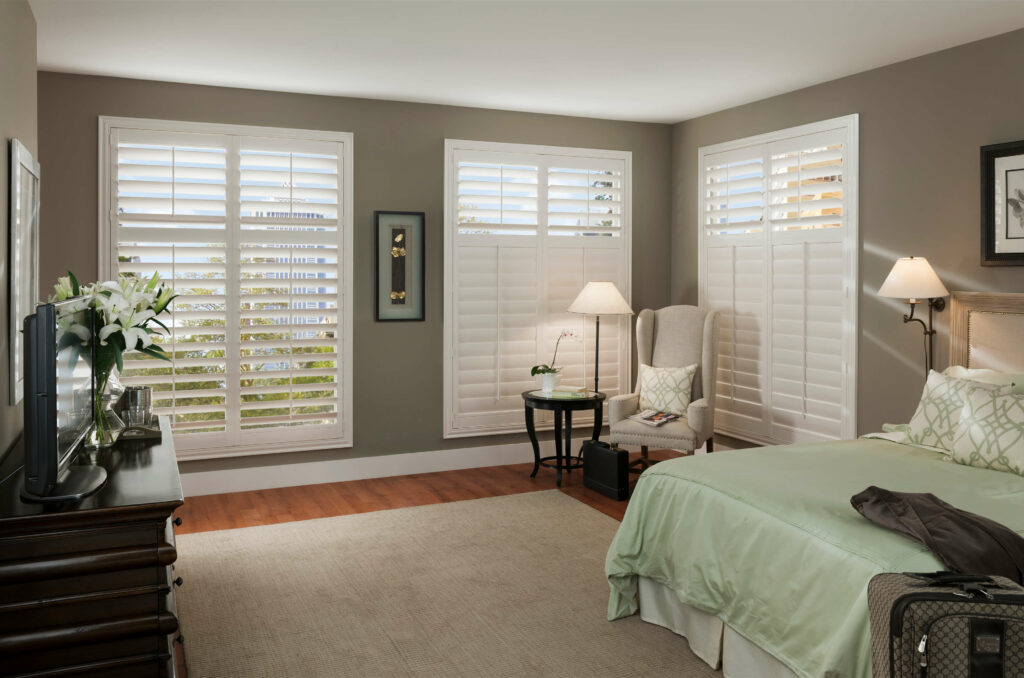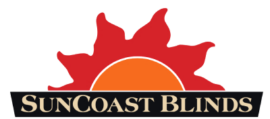Do Consumers Have To Pay Sales Tax on Plantation Shutters in Florida?
If you’re planning on investing in plantation shutters for your home and wonder if you have to pay sales tax on your shutters, this answer is most likely gonna make you happy.
In Florida, a consumer does NOT have to pay sales and use tax on their shutter purchase. Even though this is true for interior shutters, it is not true when it comes to window blinds, draperies, or shade installations.
What makes the difference? According to the Florida Department of Revenue, the taxing of property improvements, installation, and repairs varies according to the exact nature of the transaction.
In this case, window Treatments fall into two different categories: real property fixtures and tangible personal property.

Shutters are real property fixtures
Fixtures are items that are permanently attached to the real property but still keep their separate identity after installation.
With this in mind, we can look at the installation of an interior shutter. The shutter is installed in the window with the help of a shutter frame. This frame is screwed into the window frame and is not intended to be moved. This is what makes shutters a fixture.
As a customer, you do not have to pay sales and use tax on a fixture. Instead, it’s the vendor’s responsibility to pay this tax. Beware, this rule only applies when the shutter is sold as an installed product.
As an example:
If you would purchase tile at a home improvement store, you would pay tax on the tile material. But, if you decide to purchase tile through a flooring company that also will install the tile, then it’s not taxable. The same is true for plantation shutters. This is important to know when you view the contract from the vendor. If the vendor sells the material separately from the installation, they can charge sales tax. If the vendor sells the shutters as an installed product, they can not charge you tax.
But, why aren’t blinds and shades considered fixtures?
Blinds and shades are tangible personal property
Florida Department of Revenue has deemed drapes, curtains, blinds, and shades as tangible personal property. The definition of tangible personal property is something you can “see, weigh, measure, touch or is in any manner perceptible to the senses, but not permanently attached to the property”.
You might think that blinds and shades are permanent fixtures. However, they are classified differently due to the way they attach to the wall or ceiling. The reason is as follows:
The blinds or shades are not attached in any manner to the property. Instead, the brackets are attached to the wall in which the shades or blinds are resting. Even though the brackets are screwed into the wall their value is minimal and won’t classify as a fixture. (Read the case here)
The vendor should charge the customer tax on labor and materials when parts are used during the repair. If you, as a consumer, need a repair that only requires labor and no parts, the work is not taxable.
What is the Tax Rate in Florida?
The tax rate for window coverings in Florida is 6% of the sales price plus the discretionary sales surtax. The surtax is different for each county.
Buying Plantation Shutters from SunCoast Blinds
![]()
At SunCoast Blinds all our prices reflect an installed, complete product. A full package includes an initial consultation, all materials, products, warranties, and labor to complete the installation.
At SunCoast Blinds we don’t believe in any added-on costs or hidden fees.
How do we charge sales and use tax?
SunCoast Blinds does not charge the customer tax on plantation shutters, barn doors, or window film.
We charge sales tax plus discretionary surtax on shades, blinds, and drapery panels.
Schedule your in-home consultation today or reach out to us if you have any questions.
Visit Our Studio
3634-A Bonita Beach Rd.
Bonita Springs, FL
